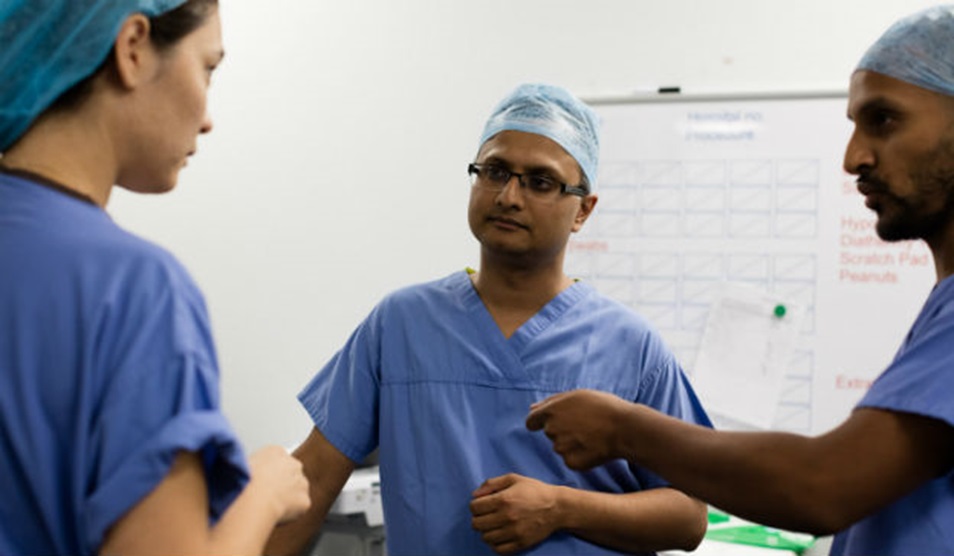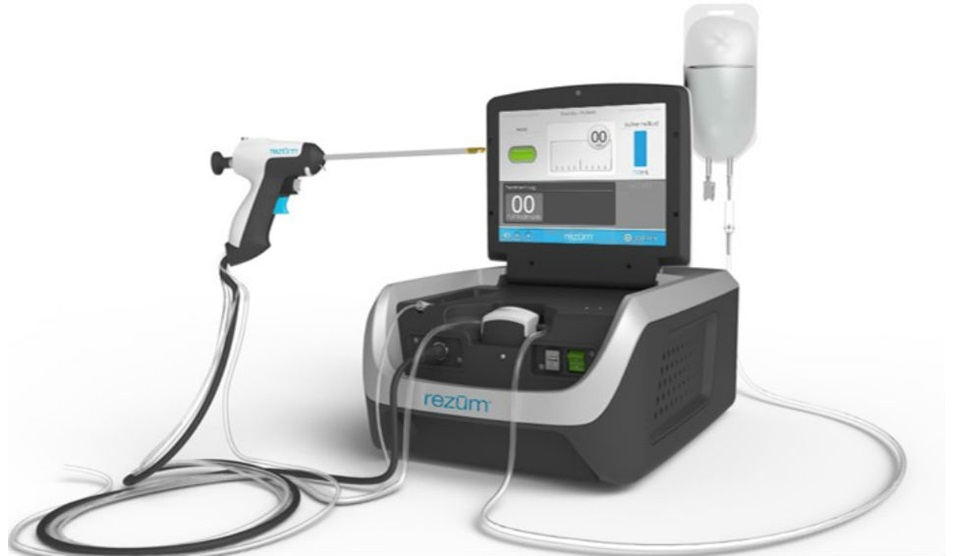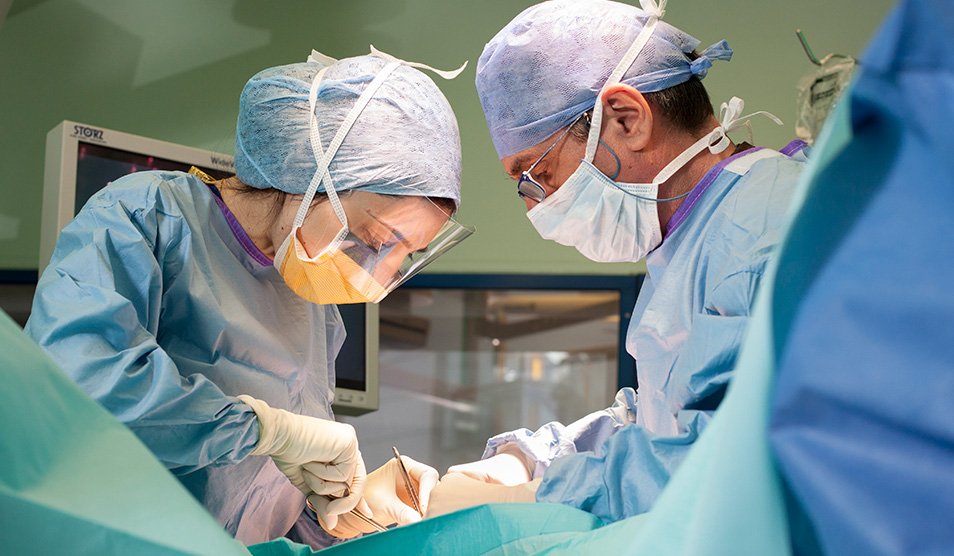Charing Cross Hospital in world-leading approach to diagnosing prostate cancer
Charing Cross Hospital, part of Imperial College Healthcare NHS Trust, is trialling a new world-leading approach to diagnosing prostate cancer. The approach, which provides a one-stop-shop for men with suspected prostate cancer, is helping to reduce diagnosis times for prostate cancer from six weeks to just one week.
The approach, called RAPID, involves a new scanning and diagnosis method which means men have an MRI scan and can get their results on the same day. For men with a suspicious MRI, a biopsy is done the same day, using new FUSION technology, rather than multiple outpatient visits over four to six weeks.
The usual process in most other hospitals is an MRI scan followed by a biopsy where around a dozen samples may have to be taken with a needle through the rectum, in order to locate suspect growths on the prostate. The new technique uses highly detailed ‘multi-parametric’ MRI – mpMRI – scans which provide much higher quality imagery.
Between a third and 40 per cent of patients who have an mpMRI scan will find out that they can safely avoid having a biopsy. However, if a biopsy is needed, the new FUSION machines will overlay ultrasound images with 3D MRI scans to create a highly detailed map of the prostate that can be used to accurately target suspect areas for taking tissue samples. This precision allows clinicians to insert the needle through the perineum, rather than the rectum, reducing the risk of infection by between 2 per cent to 6 per cent to around one case in 500.
Charing Cross Hospital sees around 20 patients a month on the RAPID pathway and it is already helping to reduce waiting times.
Alex Jovanovic, one of the first patients on the RAPID pathway at Charing Cross Hospital, said: “Everything from the day I was referred to the hospital was proactive and very efficient. All the appointments, tests and examinations were done quickly and without delay. All the staff who dealt with me, including the volunteer looking after people waiting for appointments, were not only efficient and skilled in what they do, but also caring.
“Bearing in mind that I was diagnosed with cancer, it did really matter and for that alone I feel a debt of gratitude. I think this was the NHS at its best and I sincerely hope all prostate patients will be able to use this pathway for their treatment.”
Professor Hashim Ahmed, consultant urologist at Imperial College Healthcare NHS Trust and new chair of NHS England’s Clinical Expert Group for Prostate Cancer, said: “Imperial College Healthcare NHS Trust has been at the forefront of innovation and for prostate cancer diagnosis, it was no different. Having helped deliver the evidence for using MRI before prostate biopsy, it only made sense for the Trust to lead on this, enabling our local population to benefit from having the best diagnostic pathway.
“We have achieved quicker time to diagnosis of prostate cancer and quicker times to treatment than ever before. Our results show by using this new pathway we are doing fewer biopsies. In fact, the men that do need biopsies are having state-of-the-art precise biopsies that are finding aggressive cancers earlier and we believe this will lead to better outcomes following treatment."
The new approach is also being piloted at Epsom Hospital and Queen Mary’s Hospital in Roehampton by RM Partners, the Cancer Alliance for west London.
Patients are referred to the RAPID pathway via their GP. If anyone has any queries about the pathway and how it works, you can contact our urology team on 0203 311 5427 or email ICHC-tr.urologyoutpatients@nhs.net





